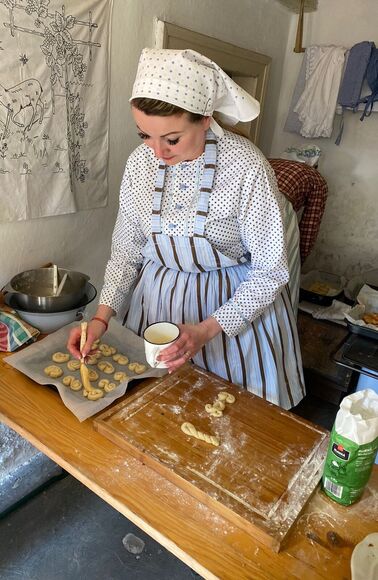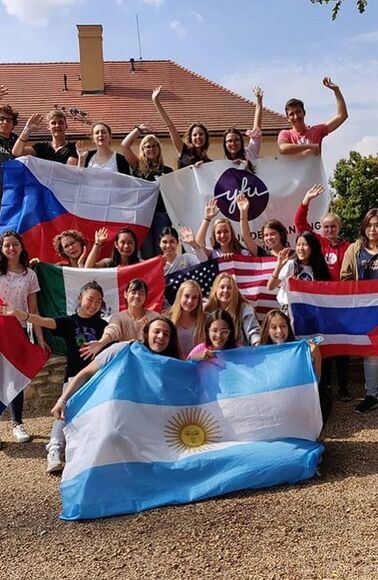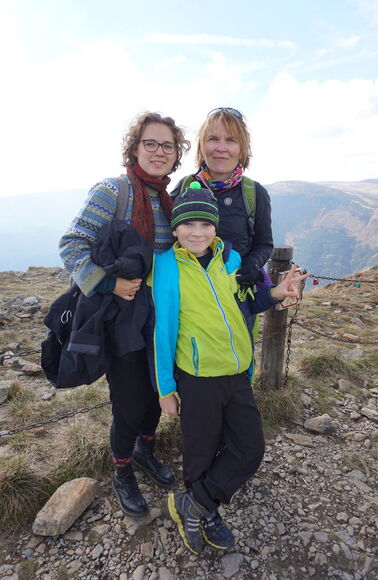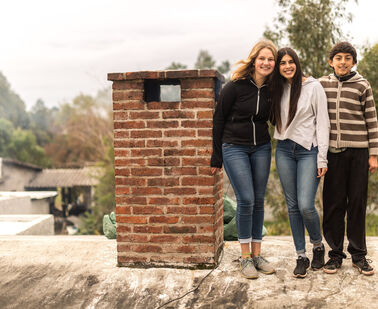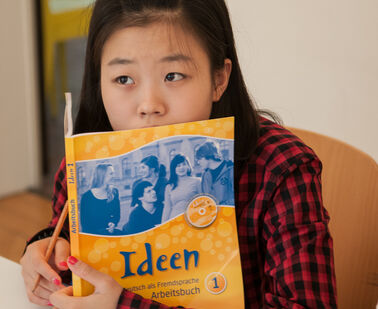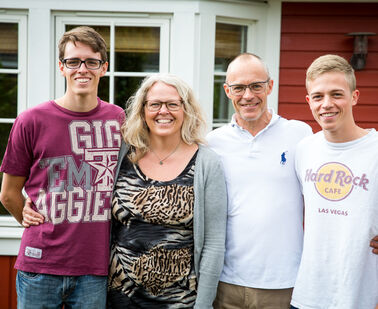Throughout its long history, the territory that is now the Czech Republic has been a land of kings and empires. The Czech lands have changed hands many times throughout the centuries; today’s Czech Republic was once part of the Holy Roman Empire, the Habsburg Empire, and the Austro-Hungarian Empire. After World War I, the nation-state of Czechoslovakia gained independence, though this was short-lived. The Czech lands were invaded by the German army in 1938; the occupation lasted until the end of the war in 1945. Post World-War II, Czechoslovakia became a communist state until the Velvet Revolution in 1989. At that time, it became the liberal democracy we know today. The final change to Czech borders took place when Czechoslovakia split into the Czech Republic and Slovakia in 1993, in the so-called Velvet Divorce.


